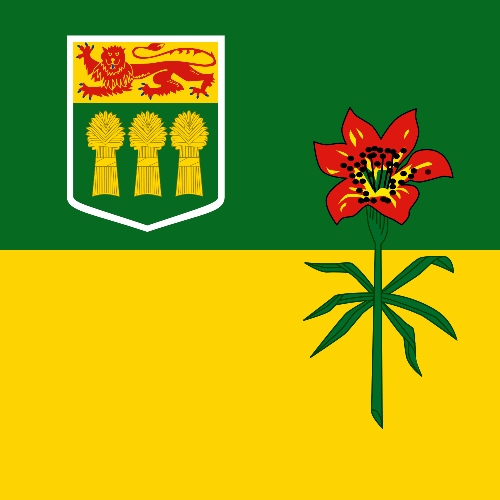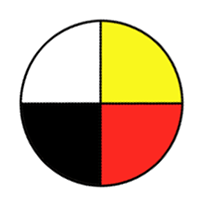Examine concepts of power and authority in the governance of the societies studied.
| (a) |
Differentiate the essential characteristics of various systems of government, including democracy, consensus, monarchy, autocracy, and military regime. |
| (b) |
Investigate and classify the systems of government in place at different periods in the history of the societies studied (e.g., democracy, consensus, monarchy, autocracy, military regime). |
| (c) |
Interpret the effect of the system of government on the worldview of the societies studied, in terms of who had power, and how government leaders obtained power (e.g., Iroquois chiefs chosen by clan mothers, European leaders selected by elite males) and how power was exercised. |
| (d) |
Explain the reasons underlying the existence of a particular system of government at a specific moment in the history of the societies studied. |
| (e) |
Define the concept of the rule of law and trace its origins in the societies studied. |
| (f) |
Draw conclusions about the effect of the rule of law on the worldview of the societies studied. |
| (g) |
Compare the distribution of power and the application of authority of a society studied to contemporary Canadian society. |









This book was nominated for two Saskatchewan Book Awards in 2005.

- Our Worldviews. Multimedia CD: Explore, Understand, Connect
- Our Worldviews. Teaching Resource: Explore, Understand, Connect

